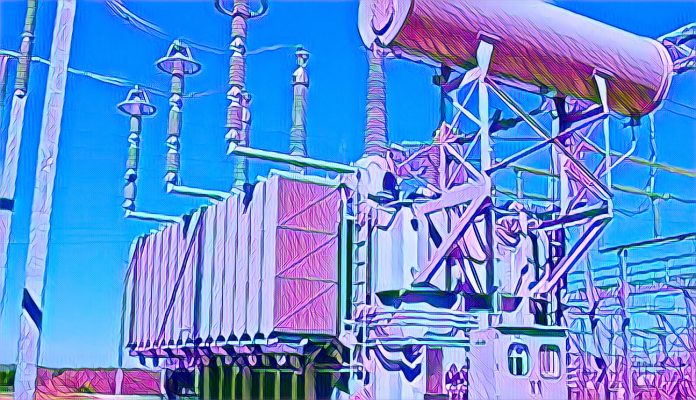Nigeria’s government is finalizing the sale of five key power plants worth $1.15 billion, marking a significant development for the country’s energy sector. Adebayo Adelabu, Nigeria’s Minister of Power, announced that the bidding process for the power plants is complete and the National Council of Privatization is expected to publicly announce the preferred bidders soon.
The power plants up for sale include the Geregu II gas-fired plant in Kogi, the Omotosho II plant in Ondo, the Olorunsogo II plant in Ogun State, the Odukpami power plant in Calabar, Cross River State, and the Benin-Ihovbor plant in Edo State. Financial details of the potential transactions have been outlined, with the Benin-Ihovbor plant tagged at $420 million, the Calabar Odukpami plant expected to sell for about $260 million, and the Geregu, Omotosho, and Olorunsogo plants priced at approximately $215 million, $85 million, and $170 million respectively.
The government’s decision to sell these National Integrated Power Projects (NIPP) plants, managed by the Niger Delta Power Holding Company (NDPH), is part of a broader initiative aimed at reforming the power sector and attracting private investment. The proceeds from this sale will support the funding of the 2023 national budget.
This move follows more than two years of disputes and legal challenges, and the sale of the NIPPs has been a topic of discussion and planning for several years. The National Council on Privatization approved a fast-track strategy for the sale of these five plants in April 2021, and interest in the NIPPs has been strong, with entities such as the Nigerian National Petroleum Corporation expressing their intent to acquire some of these assets.
The current sale of these five power plants is expected to significantly boost Nigeria’s efforts to remedy its power supply challenges. By introducing private sector efficiency and investment, the government hopes to ensure a more stable and reliable energy supply, vital for the country’s economic development and sustainability.
As Nigeria stands on the brink of a transformative phase in its power sector, the government, investors, and citizens alike anticipate that this billion-dollar transaction will significantly contribute to the nation’s quest for stable and efficient energy supply. This, in turn, will foster broader economic growth and sustainability.



